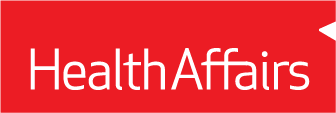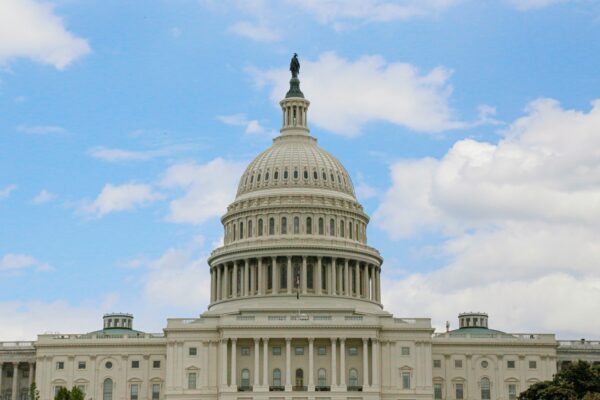3/12/25 –
Abstract
Poor nutrition in the US causes more than 600,000 deaths and an estimated $1.1 trillion in health care spending and lost productivity annually, as well as profound health disparities. Food Is Medicine interventions, which incorporate nutrition-related services in medical care as part of a care plan to prevent or treat disease, can advance nutrition security, health, and equity. But little is known about public awareness and perceptions of these interventions. We conducted the first national survey on knowledge, perceptions, and experiences around Food Is Medicine during February–April 2023. Fewer than half of respondents said that they received clear food- and nutrition-related advice from their primary health care providers, but a majority expressed interest in participating in Food Is Medicine interventions. More than two-thirds felt that Medicare and Medicaid should help pay for Food Is Medicine programs in health care, and more than half said that private insurance should do so. These results suggest a need for increased nutrition-related training of health care professionals, development of Food Is Medicine accreditation standards for health care organizations, and new regulatory incentives and contract requirements for Medicare Advantage and Medicaid managed care plans to encourage Food Is Medicine interventions in care delivery.




